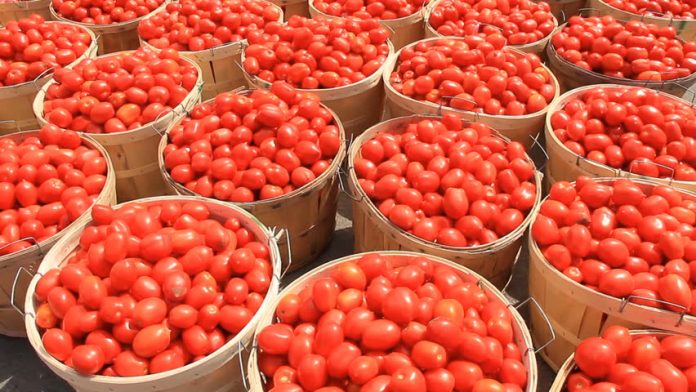The 2023 commemoration of the annual Eid-Kabir has left a sour taste in the consciousness of millions of Nigerian consumers as a result of the high price of transportation, food items, and livestock, which are essentially used in the celebration of any festival. ThisDay reports…
This year’s edition was heralded by a period of rising cost of goods, prompted by fluctuating foreign exchange, removal of fuel subsidy and government transition, which has left many organizations unsettled.
According to a survey, most consumers have altered their consumption pattern in line with a workable scale of preference. Meanwhile, the latest data from the National Bureau of Statistics (NBS), the Consumer Price Index (CPI), which measures the rate of change in prices of goods and services, rose to 22.41 per cent in May 2023, while the food inflation rate in May 2023 was 24.82 per cent on a year-on-year basis.
At various ram and pepper markets visited by our correspondent in Lagos on the eve of the Eid day, consumers expressed their displeasure at the rate prices of commodities and transportation rise as a result of the removal of fuel subsidy. However, there is a decline in the price of cooking gas, which has become a succor to many households.
A ram seller at Asade Market, Mangoro, Agege Lagos, Alhaji Muhamadu Anka, said price hike became necessary due to various factors affecting the business.
“I know how my customers feel this year but I’m helpless. The unexpected removal of fuel subsidy, which necessitated over 200 per cent on the price of fuel has become a big challenge as everybody has to factor it in. That is why the size of ram that would be sold for N50,000 in 2021 is being sold for between N100,000 and N200,000 this year. Years back, perhaps it was a cow that would attract as much as between N300,000 and N450,000 but this year, I have sold a N300,000 worth of ram and I have seen colleagues who sold the ones that were higher than that,” he said.
A civil servant with the Lagos State University Teaching Hospital (LASUTH), Mrs. Funmi Ogbe, though a Christian, argued that all Nigerian consumers are currently feeling the pain of the subsidy removal.
She said: “Prices of food items are no longer within the reach of the common man. I understand the Muslims will feel it more now because they are buying in bulk but the truth is that everybody is affected. We should not forget that the prices of some commodities like imported rice, yam and other items are still on the increase as of May 29 when the new administration took off. The oil subsidy removal was like pouring petrol on an existing fire, you can imagine the outcome. My only solace is the hope of the long term benefits of the subsidy removal.”
Though drivers of commercial vehicles complain of low turnout at various parks, passengers interviewed, shared their anguish in the midst of the hike in price of transportation.
At Iyana Ipaja park, Mallam Tiamiyu Sodehinde, said he had to tell his wife and children to remain in Lagos while he traveled to Ijebu for Salah.
He said: “This is the first time in long years that my family will remain in Lagos and I will travel home alone. It’s not economical to travel with my family now because of the high price of transportation but I have to go to attend our family meeting. With what I have seen and heard from neighbours in the last three days, the removal of fuel subsidies would further hinder others from joining their families for the joyous occasion of Eid.”












